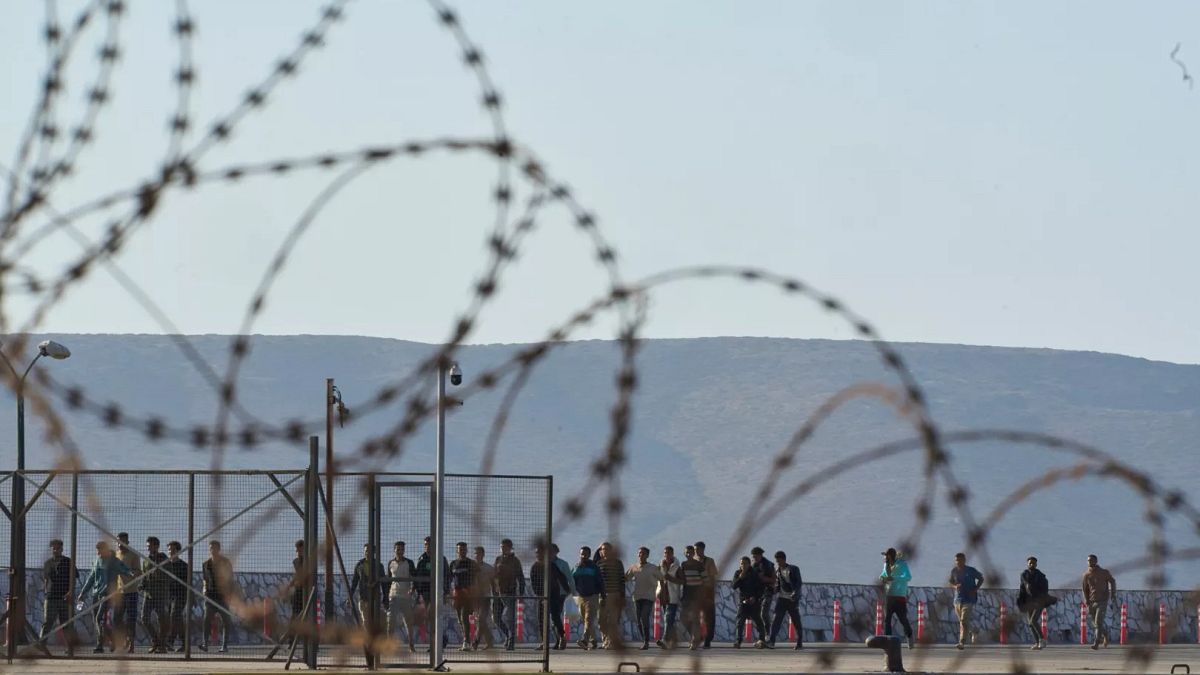

In recent developments reflecting a commitment to tackling pressing international issues, leaders from Italy, Turkey, and Libya have convened to discuss migration flows to Europe, while dynamics in Eastern Europe see potential progress in peace talks between Ukraine and Russia. This collaborative spirit marks a significant moment as global leaders seek both immediate solutions and long-term peace in regions affected by conflict and migration challenges.
The meeting between Italian, Turkish, and Libyan leaders seeks to address the increasing number of refugees and migrants making their way from Libya to Europe. According to the United Nations Refugee Agency (UNHCR), the year 2021 saw a dramatic rise in such crossings, with 32,400 individuals embarking on this perilous journey—more than double the number recorded in the previous year. In response to this ongoing challenge, the leaders aim to bolster cooperation and find humane, sustainable solutions to manage migration flows and ensure the safety and well-being of those affected.
This tripartite gathering underscores the importance of regional partnerships in addressing shared challenges. By leveraging collective expertise and resources, Italy, Turkey, and Libya are striving not only to improve immediate conditions but also to establish more enduring frameworks for migration management. Such frameworks may include enhancing legal pathways for migrants, improving the management of migration centers, and supporting socio-economic development in migrants’ countries of origin to mitigate the root causes of migration.
On a parallel note, diplomatic efforts between Ukraine and Russia suggest an openness towards potential peace negotiations, as Ukrainian President Volodymyr Zelenskyy publicly called for direct discussions with Russian President Vladimir Putin. This call comes after Putin expressed support for peace negotiations—a development that, if genuine, could herald a crucial turning point in the protracted conflict that has embroiled their region.
Zelenskyy emphasized Ukraine’s readiness for discussions at the leadership level, provided the expressions of willingness from Russia are authentic attempts at securing a lasting peace rather than tactics to stall or navigate around international sanctions. The Ukrainian president’s proposal to shift from technical meetings to leader-level talks with Russia bears the potential of significantly advancing peace efforts if undertaken with sincerity and mutual respect.
Such diplomatic engagements often represent the intertwined complexities of global politics, where dialogues are cautiously approached yet potentially revolutionary in their outcomes. The United States has shown support for these leader-to-leader talks, hinting at a broader international backing for any constructive and peaceful resolutions that may arise.
The convergence of these distinct yet similarly consequential global interactions underscores a hopeful narrative. As leaders come together to address the shared burdens of migration and seek peace amidst conflict, the path forward is marked by dialogue and cooperation. Despite challenges, these efforts highlight a shared commitment to fostering stability, resilience, and prosperity across regions.
In synthesizing these various strands of international engagement, the events are a reminder of the interconnectedness of contemporary global challenges and the need for collaborative solutions. As leaders continue their deliberations, the international community watches with hopeful anticipation for tangible outcomes that promote peace and solidarity.
Source: {link}
